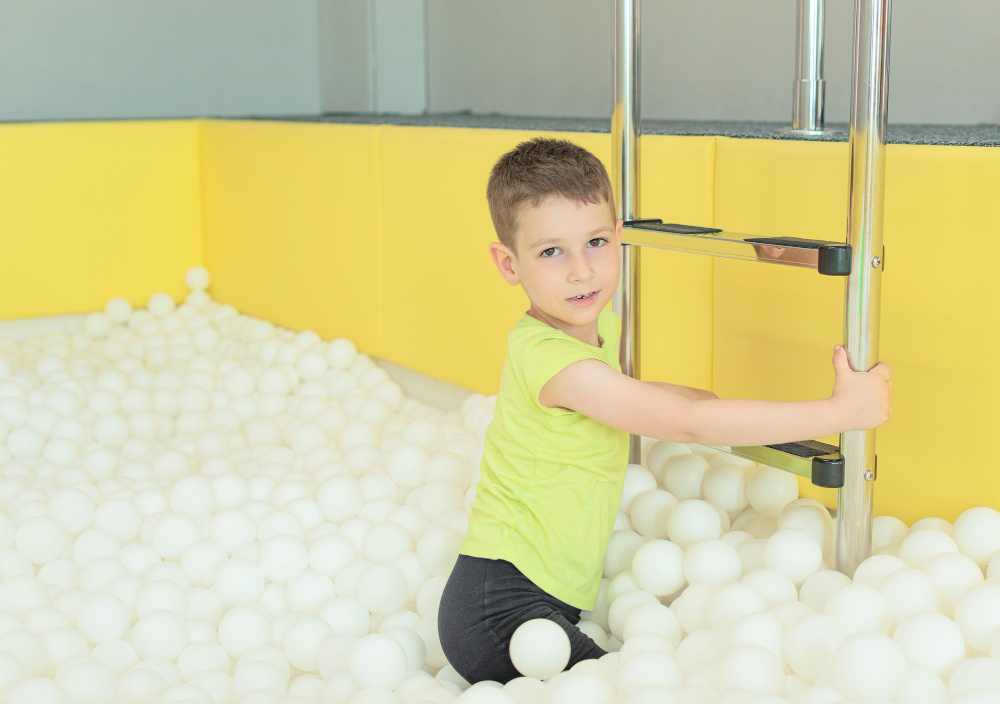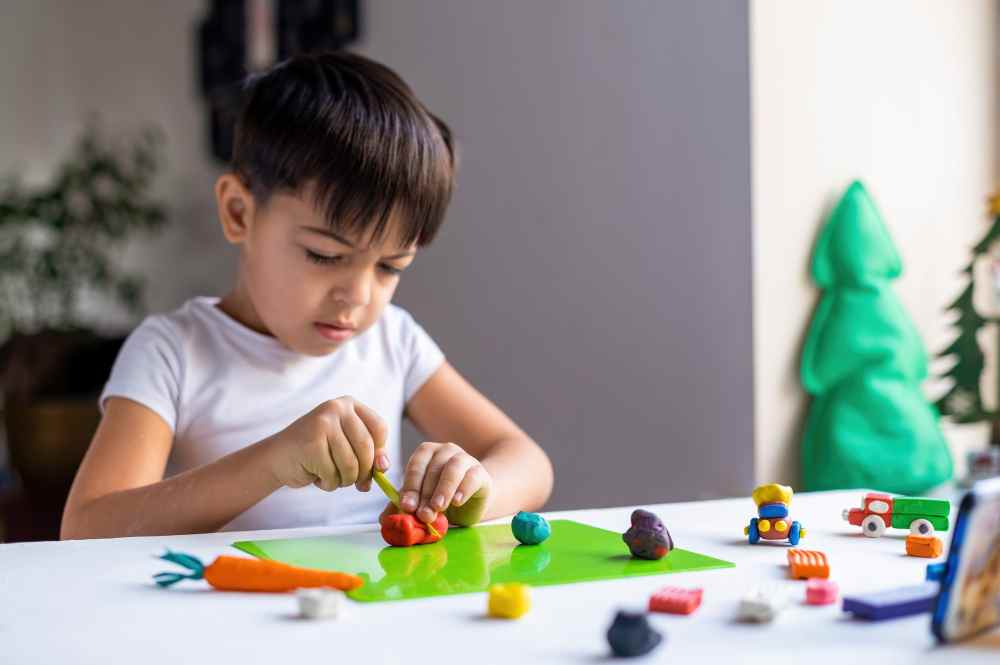Introduction:
As children grow older and become more independent, it is crucial for parents to adapt their communication strategies to foster trust, understanding, and connection.
In this article, we will explore effective ways to promote open communication and cultivate a strong parent-child bond during the big kid stage, helping you navigate this important phase of your child’s development.
Listen Actively:
Active listening is a fundamental component of effective communication. Demonstrate genuine interest in your child’s thoughts, feelings, and experiences.
Create a safe space where they feel comfortable expressing themselves without fear of judgment or criticism.
By listening attentively, you convey that their opinions and emotions are valued, fostering trust and openness in your relationship.
Validate Their Emotions:
Big kids often grapple with complex emotions as they navigate challenges and changes in their lives.
Validate their feelings by acknowledging and accepting their emotions, even if you don’t agree with their perspective.
Let them know that it is normal and okay to experience a wide range of emotions.
This validation promotes a sense of emotional security, encouraging them to share their thoughts and concerns with you.
Maintain Open and Non-judgmental Communication:
Encourage open and non-judgmental communication by creating an environment where your child feels safe expressing themselves honestly.
Avoid overreacting or dismissing their opinions.
Instead, ask open-ended questions, show curiosity, and provide support and guidance when needed.
Be patient and understanding, allowing for meaningful dialogue and mutual understanding to thrive.
Respect Their Individuality:
Big kids are developing their unique identities and exploring their interests.
Respect their individuality by allowing them to express their preferences, opinions, and aspirations.
Encourage their independence and decision-making abilities, even when their choices differ from your own.
By respecting their individuality, you strengthen their self-esteem and autonomy, fostering a strong parent-child bond built on mutual respect.
Set Aside Quality Time:
Make it a priority to spend quality time with your child. Create regular opportunities for one-on-one interactions that are free from distractions.
Engage in activities that your child enjoys and show genuine interest in their hobbies and passions.
Quality time promotes bonding, nurtures a sense of belonging, and provides a platform for meaningful conversations.
Foster Trust and Transparency:
Trust is the foundation of any healthy relationship. Be consistent, reliable, and trustworthy in your actions and words.
Encourage transparency by being open and honest with your child.
If you make a mistake, take responsibility and apologize when necessary.
By modeling trust and transparency, you teach your child the importance of honesty and integrity in their own interactions.
Encourage Problem-solving and Decision-making:
As big kids develop their cognitive and problem-solving skills, involve them in age-appropriate decision-making processes.
Encourage them to think critically, weigh options, and make choices within boundaries.
This involvement empowers them, boosts their confidence, and strengthens their problem-solving abilities, while also fostering a sense of responsibility and independence.
Conclusion:
The big kid stage presents a unique opportunity for parents to cultivate open communication and maintain a strong parent-child relationship.
By actively listening, validating emotions, maintaining non-judgmental communication, respecting individuality, spending quality time, fostering trust, and encouraging problem-solving, you can create an environment conducive to meaningful connections and mutual understanding.
Remember, each child is unique, and adapting your communication style to their needs is key to building a strong and lasting parent-child bond.
![]()











